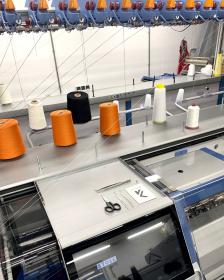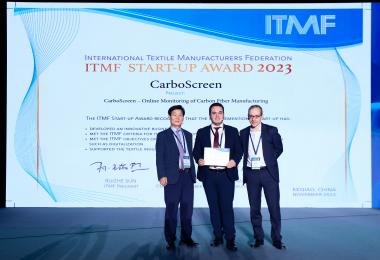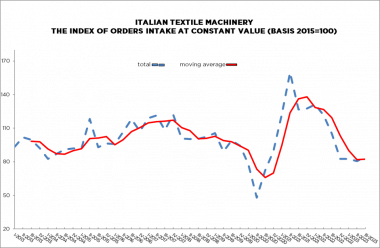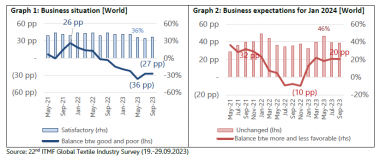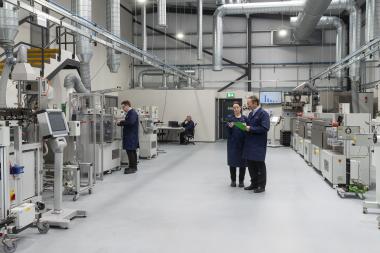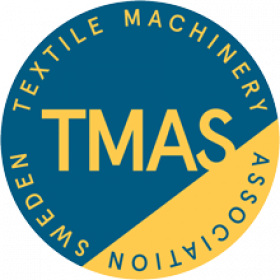SHIMA SEIKI at Pitti Filati 94
SHIMA SEIKI ITALIA S.p.A., Italian subsidiary of leading Japanese computerized knitting solutions provider SHIMA SEIKI MFG., LTD., will exhibit at the 94th edition of the Pitti Immagine Filati exhibition in Florence, Italy (24th-26th January 2024). It will exhibit as part of the CustomEasy section, which involves the concept of Fashion at Work and explores customization in the presence of textile machinery and design software, represented in part by SHIMA SEIKI's lineup of WHOLEGARMENT® knitting machines and APEXFiz® design software.
The new SWG-XR® flagship machine features 4 needle beds for all-needle knitting of high quality WHOLEGARMENT® products using the company's original SlideNeedle™, in addition to a re-designed sinker system and a compact, light-weight carriage featuring 4 systems as well as auto yarn carriers. All contribute to increased productivity of more than 25% over the previous MACH2®XS machine, as well as increased product range using a wider variety of yarn for supporting knits for all seasons, and higher quality for knitting beautiful fabrics and silhouettes; even items that were impossible to knit with the MACH2® series, including punch-lace patterns, variable stitch knitting and intarsia knitting. Setting new standards for the next generation of waste-free, sustainable WHOLEGARMENT® knitting, SWG-XR® at Pitti Filati will be shown in 15L and 18L as well as a prototype machine in 22L.
APEXFiz® subscription-based design software supports the creative side of fashion from planning and design to colorway evaluation, realistic fabric simulation and 3D virtual sampling. Virtual samples are a digitized version of sample making that are accurate enough to be used effectively as prototypes. By replacing physical samples, virtual samples reduce time, cost and material that otherwise go to waste.
The product planning capability of APEXFiz® is enhanced by several web services featured as part of the SHIMA SEIKI Online Services (SHIMA online) web platform. These include SHIMA Datamall™ digital content web service that allows users to search, browse and purchase a variety of useful data for streamlining the planning and production of fashion items, as well as the recently renewed yarnbank® digital yarn sourcing web service that offers digitized yarn data by yarn companies from around the world for download and use in virtual sampling. SHIMANAVI® e-learning system is also part of the online platform.
SHIMA SEIKI






